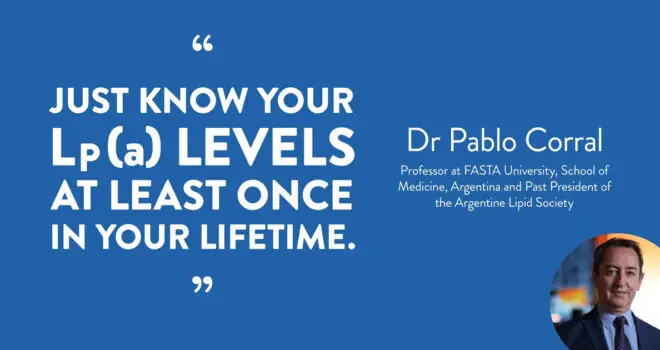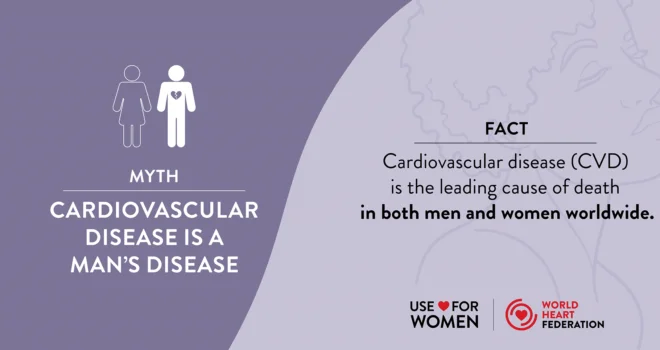This is a statement made at the 148th session of the WHO Executive Board on Agenda item 16: Social determinants of health (Document EB148/24) by the World Heart Federation and NCD Alliance.
The World Heart Federation supported by NCD Alliance welcomes the DG’s report on addressing social determinants of health (SDoH).
We strongly support the resolution proposed by Peru, recognising the need to establish a WHO operational framework & strengthen data & monitoring on inequalities & impact assessment of policies on SDoH at national, regional & global levels to guide decision making.
We call on Member States to:
● Prioritise action on SDoH, with systematic attention to noncommunicable disease (NCD) prevention, treatment & palliative care generally, and in particular as part of pandemic recovery to increase resilience & future health security.
● Interrupt vicious cycles where inequities and disease – including NCDs & COVID-19 – exacerbate each other.
● Ensure access to health is easier for all. Prioritise equitable access to affordable screening, brief interventions, treatment & patient support services. Promote health across populations with e.g. community-based mental health services, healthy food labelling, procurement & provision in schools, safe spaces for physical activity & active mobility.
● Change unhealthy environments & norms. Work with communities to understand & fix barriers to health, using evidence-based policies to reduce availability, affordability & promotion of health harming products, including tobacco, alcohol, & ultra-processed, high fat, sugar & salt foods & exposure to pollutants. Risk factors often co-exist with poorer living & working conditions.
● Tackle the economic, environmental & commercial determinants of health in the context of SDoH. Request and utilise technical support & guidance from WHO to develop effective responses to them.
● Reflect on SDoH to ensure equity & health in all policies & coherence across government, so that unintended health & development impacts of policies, e.g. in trade, agriculture, urban development, transportation & energy do not widen inequalities or undermine our health or that of future generations.


